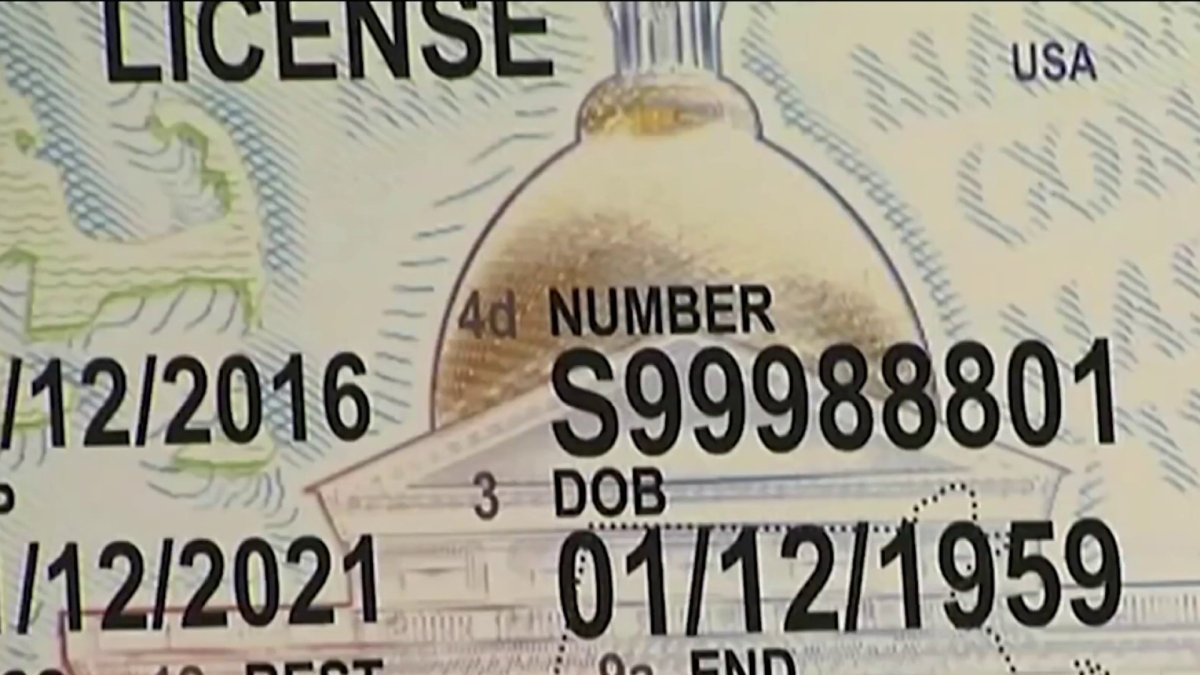
Question 4 on November’s Massachusetts ballot asks voters if they approve of the lay that would allow eligible residents to apply for a driver’s license, regardless of immigration status.
Question 4 on the Massachusetts November ballot asks voters if they approve the law that would allow eligible residents to apply for a driver’s license, regardless of immigration status.
Wednesday afternoon, law enforcement officials joined 32BJ SEIU at their union hall in Boston for a press conference in support of the law.
“This law will help our law enforcement officials in Norfolk County and across the Commonwealth of MA because, simply put, it will make our roads safer,” said Sheriff Patrick McDermott.
Middlesex District Attorney Marian Ryan pointed to California and Connecticut as examples where reports found similar laws reduced hit-and-run crashes.
Get Boston local news, weather forecasts, lifestyle and entertainment stories to your inbox. Sign up for NBC Boston’s newsletters.
“It is a commonsense data-driven position that will lead to increase the number of drivers on the road that have been trained, that have been tested, that have been given a license and very importantly have insurance,” said Ryan.
Astrid Hajjar said she became involved with the campaign working to overturn the law after she heard the story of a woman who lost her son in a car crash with a driver who was in the country illegally.
“Situations where illegal immigrants caused traffic accidents, where people were killed and they were injured, for different reasons, they did not have the training, they did not have the license to drive. You have to go through a process to be able to drive a car.”
Hajjar says she immigrated to the United States from Venezuela and became a U.S. citizen. She opposes the effort to allow unauthorized immigrants to apply for a driver’s license.
“I’m going to give you the same argument that Governor Baker gave when he vetoed this proposal was that the RMV is going to have serious issues to actually identify who these people truly are,” said Hajjar. She echoed concerns raised by the “Fair and Secure Massachusetts” campaign regarding voter registration.
“I believe the most sacred constitutional right bestowed upon American citizens is the right to vote. Those of us that came to this country from overseas worked very hard to gain that right and to be able to have the privilege to vote and elect our public officials,” said Hajjar.
State Senator Brendan Crighton sponsored the driver’s license bill that received a veto-proof majority. He says those concerns are unfounded.
“It’s really fear-mongering at this point. We’ve debunked the voting thing time and time again. You don’t need a driver’s license to register to vote so it’s kind of a moot point but there are systems in place that already we have folks that are not citizens here that aren’t allowed to vote but are able to drive--DACA recipients, TPS recipients, green card holders, visa holders—so we have folks here you can earn a driver’s license showing you can drive but you are not a citizen so you can’t vote it’s nothing new.”
Under this law, applicants must provide at least two documents to prove their identity, one from each of the following categories: (1) a valid unexpired foreign passport or a valid unexpired Consular Identification document; and (2) a valid unexpired driver’s license from any United States state or territory, an original or certified copy of a birth certificate, a valid unexpired foreign national identification card, a valid unexpired foreign driver’s license, or a marriage certificate or divorce decree issued by any state or territory of the United States. One of the documents presented by an applicant must include a photograph and one must include a date of birth.
The law specifies that information provided by or relating to any applicant or license-holder will not be a public record and shall not be disclosed, except as required by federal law or as authorized by Attorney General regulations, and except for purposes of motor vehicle insurance.
A yes vote, keeps the law in place, which is set to take effect in July 2023.
A no vote repeals the law.